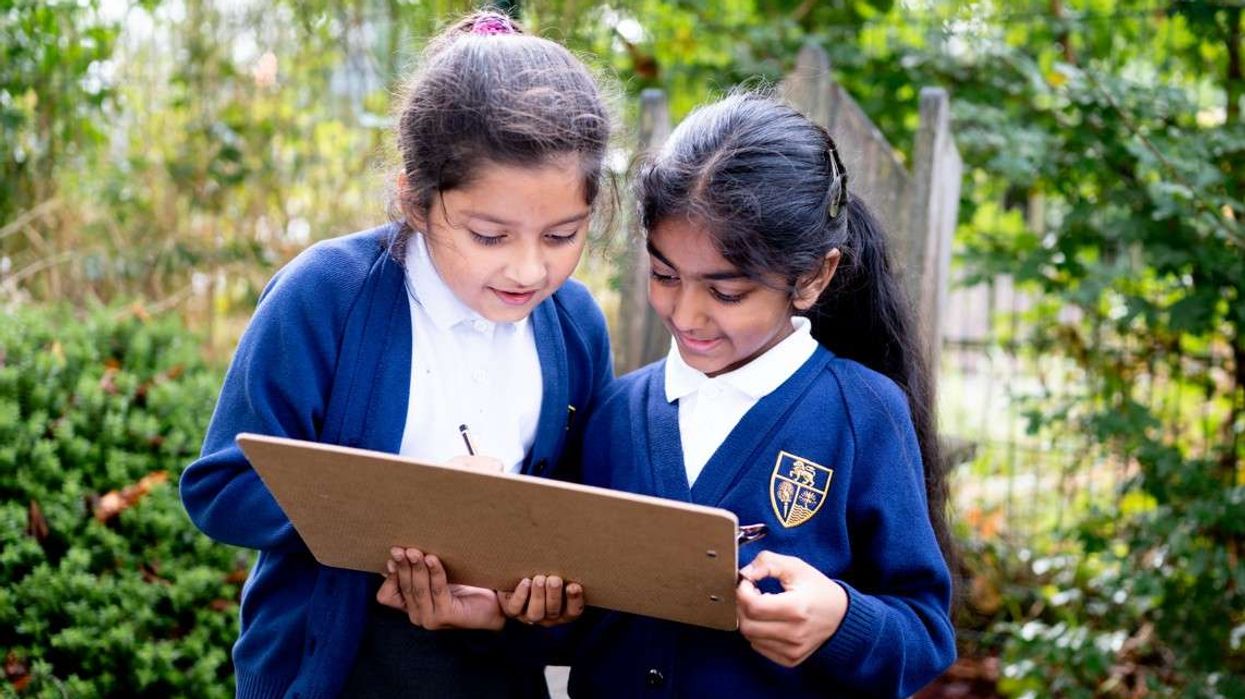A leading medical school in the US has recommended yoga, meditation and controlled breathing to address anxiety issues related to the novel coronavirus that has now spread fast across America.
There are at least 3,485 cases of the novel coronavirus in the US, according to the state and local health agencies, governments and the US Centers for Disease Control and Prevention.
The number of deaths due to the deadly virus are 65.
The Harvard Medical School said in its latest health guideline that, yoga, meditation and controlled breathing are "some tried and true ways to relax".
The article Coping with coronavirus anxiety was published this week.
"Regular meditation is very calming. Many apps teach simple forms of meditation, such as Headspace or Calm," wrote John Sharp, a board-certified psychiatrist on the faculty at Harvard Medical School and the David Geffen School of Medicine at University of California, Los Angeles.
"Not a yoga person? No need to start now unless you'd like to try it. Sometimes trying new things and discovering new activities you can benefit from and enjoy can be a welcome, healthy distraction. Yoga Studio and Pocket Yoga are good apps to consider," he said.
On controlled breathing, he said, one simple technique is called square breathing. "Visualise your breath travelling along a square. As you follow the instructions to inhale, hold your breath, or exhale, count slowly to three on each side. Try it now," he wrote.
"Inhale up the first side of the square. Slowly count one, two, three. Hold your breath across the top. One, two, three. Exhale down the other side of the square. One, two, three. Then hold your breath across the bottom. One, two, three. After a few minutes of this you should be feeling calmer and more centered," Sharp said.
News about the virus will likely grow worse, then grow better, he said and urged people to listen to public health experts who can help them navigate the path ahead.
Take sensible steps that can help us all: get your bearings, practice good hygiene, use calming strategies that work for you and maybe try something new. Making healthy, reasonable choices about what to do and what not to do will make a big difference in being able to stay as safe and as well as possible, he wrote.
Meanwhile, the World Hindu Congress USA said that it organised a havan and prayers across North America as part of its efforts to address growing mental health and anxiety concerns arising from the COVID- 19 pandemic.
Pointing to the health guideline report published by Harvard Medical School, Anil Sharma, a community organiser who was part of this initiative, noted that Aasana, Dhyana and Praanayama, could go a long way in mitigating the isolation anxiety that is gripping communities across the United States.












